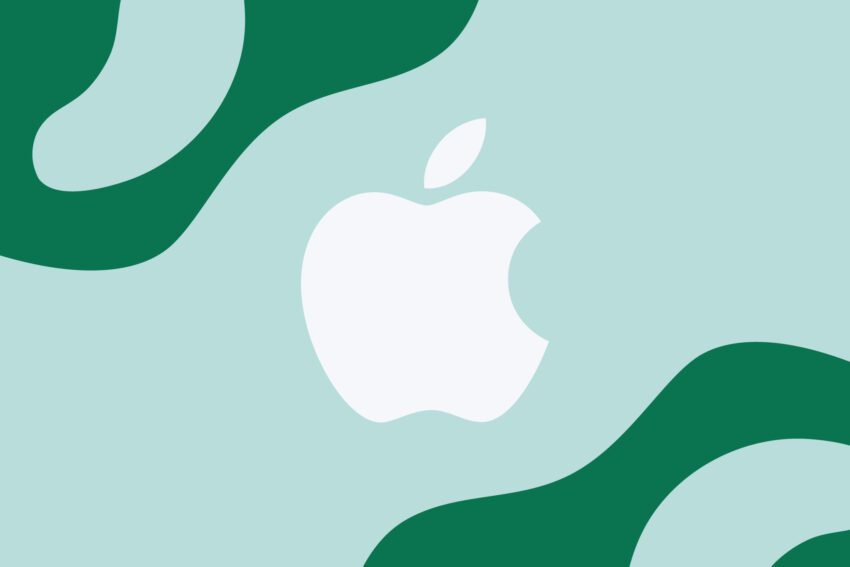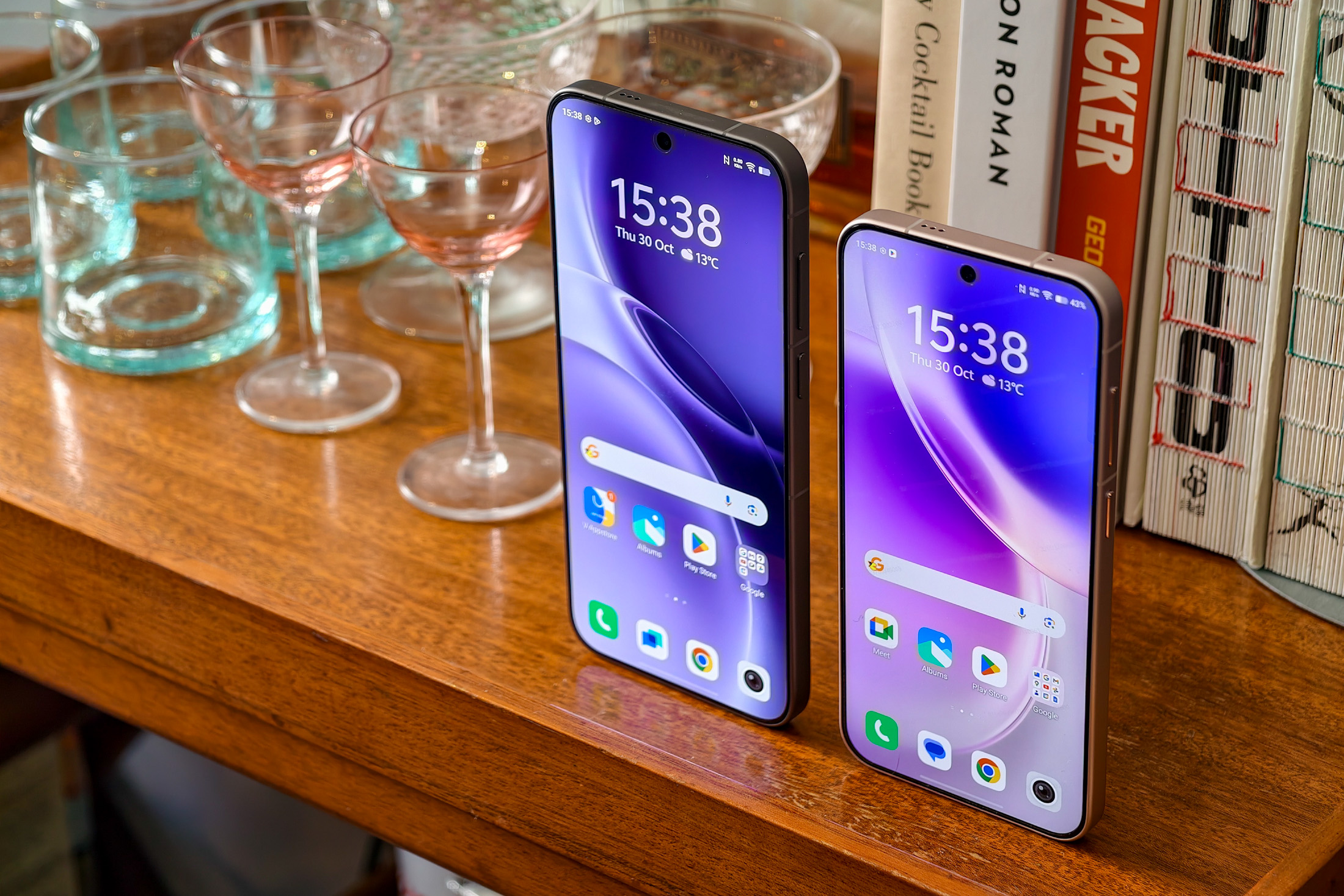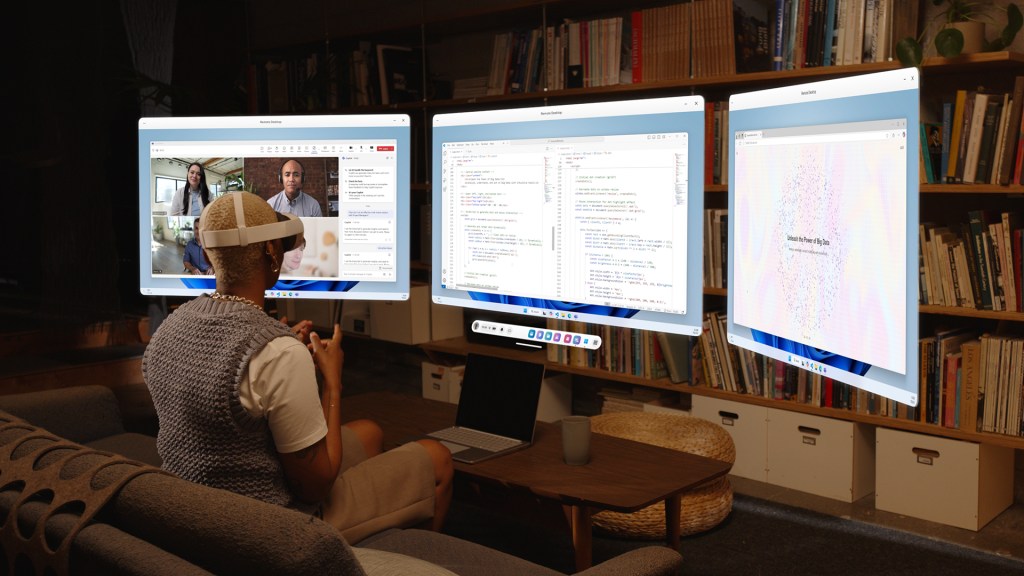
ios 26 leak co-defendant says jon prosser In a significant legal development, Michael Ramacciotti, a co-defendant in a lawsuit filed by Apple against leaker Jon Prosser, has claimed that he received a payment of $650 from Prosser after their alleged activities, but denies any prior agreement or conspiracy.
ios 26 leak co-defendant says jon prosser
Background of the Lawsuit
Earlier this year, Apple initiated legal action against Jon Prosser and Michael Ramacciotti, accusing them of engaging in a “coordinated scheme” to infiltrate an Apple development iPhone, steal proprietary information, and subsequently profit from the theft. The lawsuit highlights the tech giant’s ongoing efforts to protect its intellectual property and maintain the confidentiality of its unreleased products.
Apple’s allegations are serious, as they involve claims of corporate espionage and unauthorized access to sensitive information. The company has long been known for its stringent security measures and has previously taken legal action against individuals and entities that it believes threaten its trade secrets. In this case, Apple alleges that Ramacciotti accessed the development iPhone belonging to former Apple employee Ethan Lipnik, using location tracking to ascertain when Lipnik would be away from his device for an extended period.
Details of the Allegations
According to the lawsuit, Ramacciotti allegedly conducted a FaceTime call with Prosser during which he showcased features of the yet-to-be-released iOS 26. This call is central to Apple’s claims, as it purportedly involved the sharing of confidential information that could undermine Apple’s competitive advantage in the market.
Ramacciotti’s Response
In a recent court filing, Ramacciotti has categorically denied any involvement in a conspiracy with Prosser. He asserts that he did not plan or participate in any coordinated effort to steal Apple’s trade secrets. Furthermore, he claims that any payment he received from Prosser was made after the fact and was not pre-arranged. This assertion could have significant implications for the case, as it challenges the narrative that Apple has presented.
Ramacciotti admits to accessing Lipnik’s Apple Development iPhone and conducting a FaceTime call with Prosser, during which Prosser requested to see certain iOS features. However, he denies having tracked Lipnik’s location to facilitate this access. This distinction is crucial, as it may affect the legal interpretation of his actions and whether they constitute a violation of any laws or agreements.
Prior Interaction with Lipnik
In his filing, Ramacciotti elaborates on his prior interactions with Lipnik, stating that several weeks before the FaceTime call, Lipnik had shown him new iOS features on the development iPhone. Ramacciotti claims he did not fully grasp the sensitivity of the information he was being shown, attributing this misunderstanding to Lipnik’s willingness to share the features with him. This raises questions about the nature of their relationship and whether Lipnik had any authority to disclose such information.
The Payment Controversy
One of the most contentious points in Ramacciotti’s filing is the $650 payment he received from Prosser. According to Ramacciotti, this payment was made “at some point after the FaceTime call,” and he emphasizes that he did not initiate communication with Prosser based on any promise of payment for information. This assertion could weaken Apple’s claims of a premeditated scheme, suggesting instead that the payment was an afterthought rather than a motivating factor for Ramacciotti’s actions.
Ramacciotti further clarifies that he was not expecting any payment from Prosser and was unaware that Prosser was recording the FaceTime call. This lack of expectation regarding payment may play a critical role in the court’s assessment of his intentions and whether he acted with malicious intent. Additionally, Ramacciotti denies possessing any Apple trade secrets or having any other recordings or forms of confidential information from the company.
Implications of the Lawsuit
The implications of this lawsuit extend beyond the individuals involved. For Apple, protecting its trade secrets is paramount, especially as competition in the tech industry intensifies. The company has invested heavily in research and development, and any unauthorized disclosure of information could potentially harm its market position. The outcome of this case could set a precedent for how similar cases are handled in the future, particularly concerning the sharing of confidential information among individuals in the tech sector.
For Prosser and Ramacciotti, the stakes are equally high. If Apple succeeds in its lawsuit, it could lead to significant financial penalties and further legal repercussions for both individuals. The case also raises broader questions about the ethics of information sharing in the tech industry, especially in an age where leaks and rumors can significantly influence public perception and market dynamics.
Reactions from Stakeholders
As the case unfolds, reactions from various stakeholders have begun to surface. Prosser has indicated that he is in “active communication” with Apple regarding the lawsuit. However, the company has stated that Prosser “has not indicated” when he plans to respond to the lawsuit. This lack of communication has led to a clerk entering a default against Prosser, which means that the case can proceed even in his absence. Apple has expressed its intention to file for a default judgment against him, which could further complicate the situation.
Legal experts have weighed in on the case, emphasizing the importance of the details surrounding the payment and the nature of the interactions between Ramacciotti and Lipnik. The case could hinge on whether Ramacciotti’s actions are interpreted as a breach of trust or simply a misunderstanding of the situation. The outcome may also depend on the court’s interpretation of the evidence presented, including any recordings or communications between the parties involved.
Conclusion
The legal battle between Apple, Jon Prosser, and Michael Ramacciotti highlights the complexities of intellectual property rights in the tech industry. As the case progresses, it will be crucial to monitor how the court interprets the actions of the defendants and whether the allegations of conspiracy hold up under scrutiny. The implications of this case could resonate throughout the tech community, influencing how companies protect their trade secrets and how individuals navigate the sharing of information in an increasingly interconnected world.
Source: Original report
Was this helpful?
Last Modified: October 31, 2025 at 12:37 am
4 views















